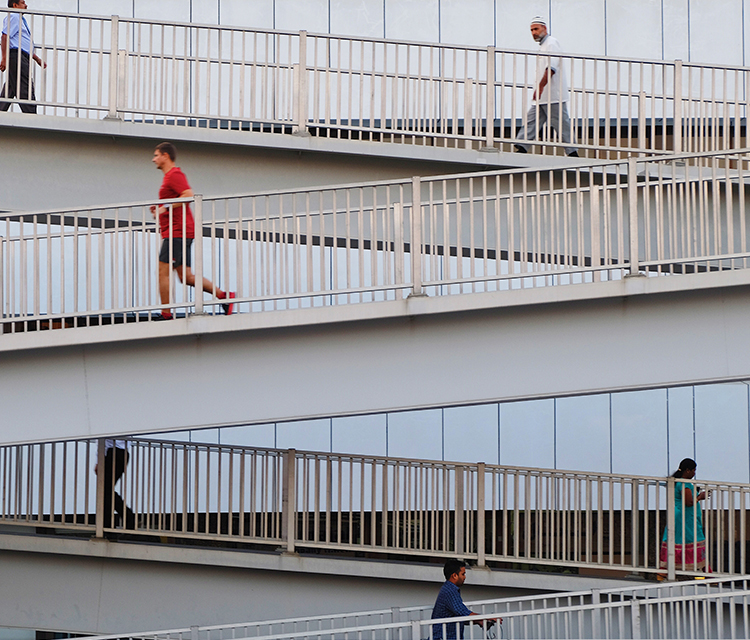Updated 9am CST on June 8, 2018
I woke up this morning to the news of Anthony Bourdain’s death. I adored his work, and our family made it a point to put all of his recommendations on our travel lists. I had so much respect for his fearlessness, transparency, and love of people. His death is heartbreaking.
I was also a huge Kate Spade fan. My first bag was a giraffe-print “Sam bag”—it took me six months to save enough money to buy it. I carried it every single day for two years. I still wear her jewelry, use her stationery, and love her clothes.
The news of these deaths is a cruel reminder about the realities of depression and anxiety, and about the dangerous stories that we make up about those “successful” people who don’t know anything about pain and never need help. I say dangerous because they’re never true.
Everyone has a story or a struggle that will break your heart. And if we’re really paying attention, most people have a story that will bring us to our knees.
You would think the universal nature of struggle would make it easier for all of us to ask for help, but in a culture of scarcity and perfectionism, there can still be so much shame around reaching out, especially if we’re not raised to understand the irreducible nature of human need.
We can encourage our children to ask for help; however, if they don’t see us reaching out for support and modeling that behavior, they will instead attach value to never needing help.
We also send strong messages to the people around us, including our children, friends, and employees, when they ask for help and, in return, we treat them differently—as if they are now less reliable, competent, or productive.
And when we respond to a tragedy like this one with unfounded comments and criticism about how someone whom most of us didn’t know at all managed her struggle, her meds, her work, her family—whatever the focus—we help create that culture where it feels like help-seeking just opens us up to more pain and judgment. I think we do this because we want to believe that if you do everything you’re supposed to do, this will never happen. Just like cancer, it unfortunately doesn’t work that way.
To say that suicide is selfish is not only wrong—it’s ironically and sadly incredibly self-protective. It’s as if you’re raising your hand and saying, “Although I didn’t know you and I clearly do not understand clinical depression and suicide, I’m going to continue judging people who die from it even if it causes unimaginable pain and trauma to the survivors and further stigmatizes mental illness because it makes me feel better than, safer, and more comfortable.”
To know pain is human. To need is human. And no amount of money, influence, resources, or sheer determination will change our physical, emotional, and spiritual dependence on others.
Many of us are willing to extend a helping hand, but we’re very reluctant to reach out for help when we need it ourselves. It’s as if we’ve divided the world into “those who offer help” and “those who need help.” The truth is that we are both. Need is the most beautiful compact between humans.
National Suicide Prevention Lifeline Call 1-800-273-8255 | TTY at 1-800-799-4889
Text START to 741741 from anywhere in the U.S., about any type of crisis
International help. Visit iasp.info/resources/Crisis_Centres/.
